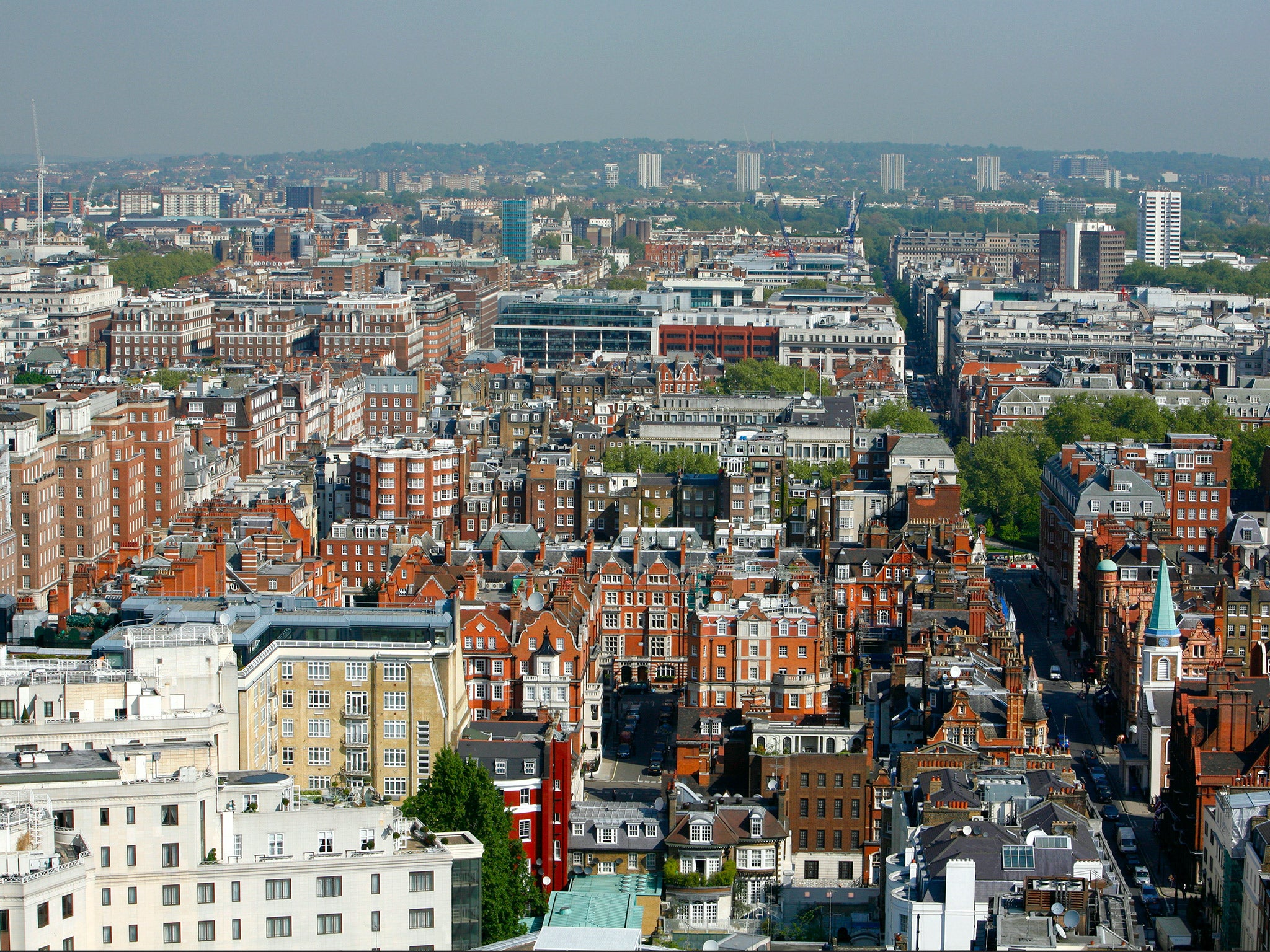Private equity bosses using £700m tax ‘loophole’ – and donating to the Tories
Campaigners call discovery ‘Government-sponsored tax avoidance on a breath-taking scale’ amid calls to end the practice

Millionaire executives at private-equity firms are avoiding up to £700m in tax a year using a loophole which George Osborne has repeatedly failed to close, according to a new investigation.
Tax campaigners said the arrangement, brokered in private between HM Revenue and Customs and the British Venture Capital Association (BVCA) – amounted to “Government-sponsored tax avoidance on a breathtaking scale”.
The investigation, published by the campaign group 38 Degrees, also revealed 16 private-equity bosses belong to the Conservative Party’s elite Leaders Group of major donors, giving more than £7m to the Tories since 2008.
In recent weeks the Tories have come under fire for their reliance on wealthy hedge-fund bosses – but the new revelations move the spotlight onto the party’s ties with private-equity companies, another lucrative sector of the City. They also highlight Labour’s connections to private equity, with the loophole re-approved under Tony Blair’s administration in 2003.
The so-called “Mayfair tax loophole”, named after the exclusive London district where many private-equity firms are based, excuses the executives from paying higher-rate income tax on the often huge profits made by their investment funds.

The profits, known as “carried interest”, are treated as gains from their own personal investments and are thus taxed at the capital gains tax rate of 28 per cent. Some executives are able to minimise their tax bill still further – to a rate of just 10 per cent – by taking advantage of a tax break designed to help entrepreneurs.
The campaigners argue that since the money wagered on private-equity deals largely comes from outside investors rather than the executives themselves, the profits should be subject to higher tax rates of income tax, currently set at 40 or 45 per cent.
“Money which should be funding the NHS is going to millionaire fund managers instead,” said David Babbs, executive director at 38 Degrees. The group added that the current draft of the Government’s forthcoming Finance Bill, published in December, explicitly exempted the private-equity executives from new anti-tax avoidance legislation.
“In his last Budget before the election, George Osborne wants to convince the country that he’s on the side of hardworking families on average incomes,” Mr Babbs said. “If he wants us to take him seriously, he’s got to close the Mayfair tax loophole.”
The special arrangement between the taxman and the private-equity industry is guaranteed by a longstanding Memorandum of Understanding between HMRC and the BVCA, which was negotiated outside Parliament and has existed in various forms since at least 1987.
Today’s research, funded by donations from more than 5,900 members of 38 Degrees, used figures from private-equity income surveys to estimate that the Mayfair loophole costs the exchequer between £280m and £700m each year.
Mike Lewis, the tax expert who wrote the report, told The Independent: “We’re just talking about ending a special tax deal that allows millionaire fund managers to shrink their own personal tax bills. There’s no reason why this should affect the private-equity industry’s success or investments.”
Most political donations from the industry have gone to the Tories, but the report also highlighted Labour’s links with the firms. Since 2012, the BVCA has been the second-largest funder of Progress, the centrist Labour group.
Defending the executives, Tim Hames, director general of the BVCA, said they were taking a significant risk by investing their own money in the funds and that the arrangement with HMRC was simply “bog standard capital gains tax” rather than a loophole.
“The industry average is for executives to put in at least 5 per cent of their own money,” he said. “This is not people putting in 20p – they are putting significant amounts of their own capital in.”
An aide to Mr Osborne said: “The treatment of ‘carry’ [carried interest] was agreed by the previous Labour government, but we raised the rate of capital gains tax from 18 per cent to 28 per cent so this government has actually increased tax on private equity.”
A Conservative Party spokesman said all donations were “properly and transparently declared to the Electoral Commission, published by them, and comply fully with Electoral Commission rules”. He added: “Unlike the Labour Party, donors do not choose our policies, our candidates or our leader.”
The Mayfair loophole
The so-called Mayfair tax loophole allows private equity executives to pay relatively low tax on the profits their investment funds make from buying and selling companies.
This is achieved by classifying this profit (known as “carried interest”) as capital gains – as if it had been produced by investing their own personal capital – rather than salaried income.
While their salaries and bonuses are subject to normal income tax rules, the carried interest – which in some cases makes up the majority of the executives’ pay packets – is subject only to capital gains tax at 28 per cent, instead of income tax at 40 per cent or 45 per cent.
The special arrangement is guaranteed by a memorandum of understanding negotiated outside Parliament between HMRC and the private equity industry’s umbrella group, the British Venture Capital Association.
Critics say the loophole is unfair, as the money wagered on private equity deals largely comes from outside investors, not the executives themselves. They argue that it would make more sense for the profits to be taxed like salaries at the higher income tax rate.
Chris Green
Join our commenting forum
Join thought-provoking conversations, follow other Independent readers and see their replies
Comments
Bookmark popover
Removed from bookmarks